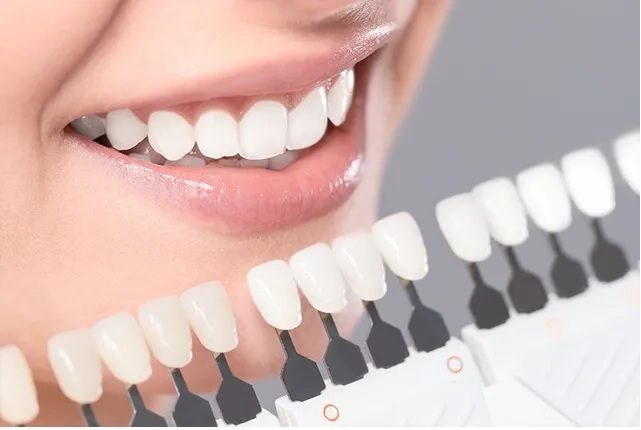Cosmetic dental procedures are quite popular nowadays. It has been a primary focus for individuals seeking oral health treatments. Ideally, whatever you can do to improve the appearance and feel of your teeth is worthwhile. There are numerous alternatives to suit all of your cosmetic objectives, including dental veneers, thanks to contemporary technology and the skill of dentists.
What Exactly Are Dental Veneers?
They are shell-like porcelain materials used in aesthetic dentistry to repair various mouth issues. The primary function of veneers Adelaide is to conceal a tooth’s aesthetic faults. However, as a result of the treatment, your teeth will be stronger, as they will have a new layer of protection. This will help safeguard your teeth from further harm.
What Sets Them Apart From Dental Crowns?
Because veneers are tooth-shaped and constructed of porcelain material, distinguishing them from oral crowns may be challenging. However, the two are not synonymous.
Veneers, as opposed to dental crowns, only cover the front surface of a tooth. Given their coverage, this means that veneers can be considered partial surgery to some extent.
How Exactly Does One Go About Getting Veneers For Their Teeth?
Veneers are simple to put in. Dental bonding is used to hold them in place in your mouth. During your process, you might expect the following steps:
1. Exam – Your dentist must first assess if your teeth require veneer treatment. The exam will help determine which dental ailment you are experiencing and how to effectively address it.
2. Cleaning – the majority of dental treatments include this step. The dentist must thoroughly clean your mouth. It also contributes to the procedure’s success.
3. Tooth Shaping – Because veneers are tooth-shaped, they require some space between them and your teeth. Your target tooth’s enamel structure is altered to make way for the veneers. The quantity of enamel removed is determined by the size of the veneers.
4. Dental Laboratory Impressions – veneers are created at a dental laboratory. This implies that imprints of your teeth are required to create the perfect-fitting veneers.
5. Installation – Once your oral veneers are complete, they will be applied to the front surface of your teeth. A specific dental cement is utilized to ensure that the veneers stick to your natural tooth.
Why Are Veneers Used In Dentistry?
People consider veneers for a variety of reasons. Because veneers are important for:
- Enhancing the look of your smile – veneers may be customized to match the natural color of your teeth. They also feel and look natural, so your smile will be stunning following treatment.
- Whitening yellowed teeth
- Reshaping teeth with uneven shapes
- Increasing tooth strength
- Enhancing the feel and texture of worn teeth
- They are an excellent alternative to orthodontic procedures for closing gaps between teeth.
- They cover dental fillings, especially in front teeth. People will not see your dental filling since it covers the front surface and is not tooth-colored.
Aftercare Instructions For Veneers
Now that you’ve seen the results, taking care of your veneers is critical. It can have an impact on how long they can serve you without being damaged. Consider the following recommendations:
1. Brush and flood your veneers every day – the last thing you want is to discolor or damage their color. Furthermore, because they only cover the front surface of the teeth, poor oral hygiene can quickly lead to tooth disease.
2. Instead of biting into meals, chop them into little pieces for easier eating. Chicken wings, apples, and carrots are all excellent examples.
3. When participating in sports, wear a mouthguard because veneers are not as robust as natural teeth. They can easily break if not properly protected.
4. Avoid eating hard foods, which might break and chip your veneers. This includes veggies and crispy snacks.
5. Avoid clenching your jaw and grinding your teeth; while veneers provide additional protection, they are not as robust as natural teeth. Excessive clenching of the facial muscles, as well as grinding of the teeth, may harm them. If you’re not sure where you stand on this, see a dental professional about your treatment options for bruxism and other associated issues.




